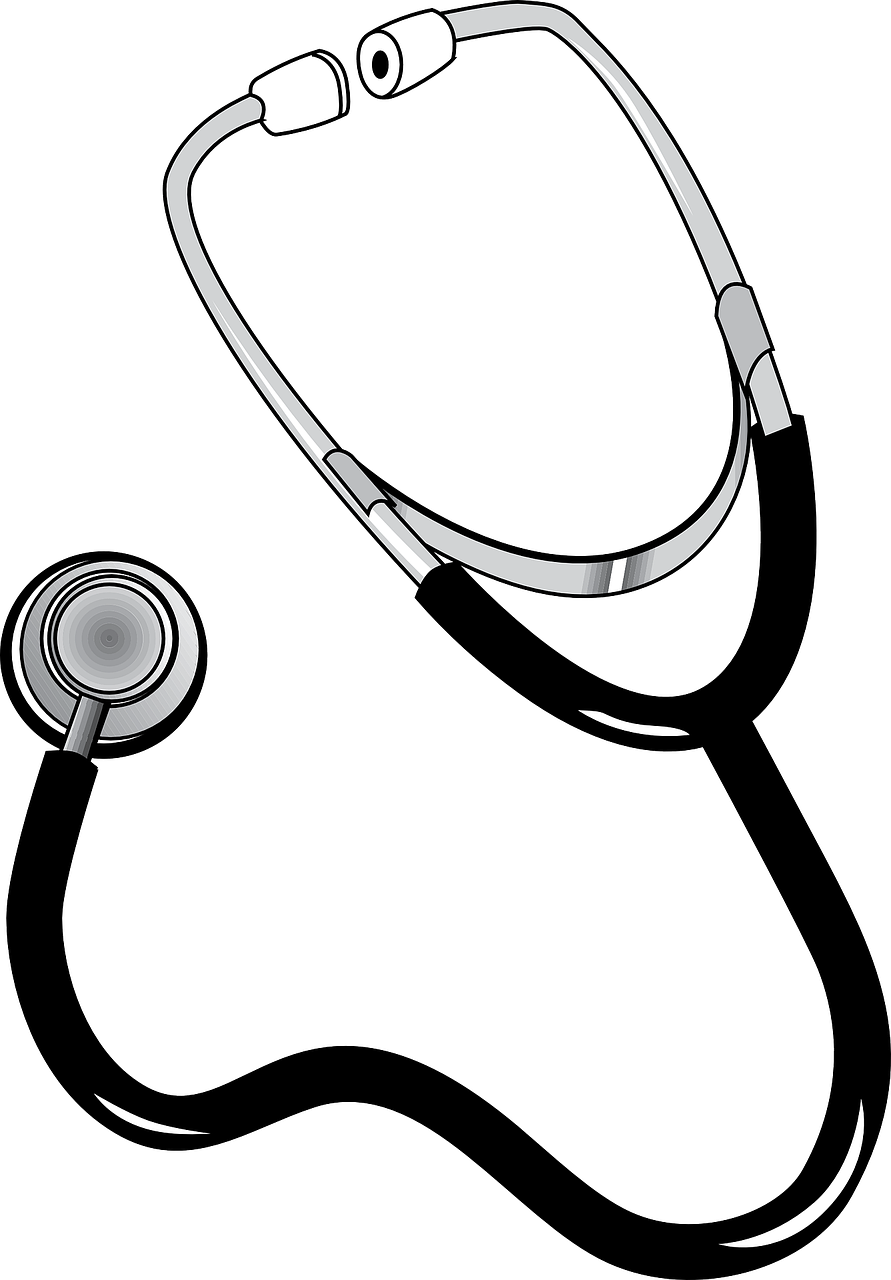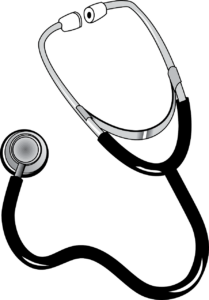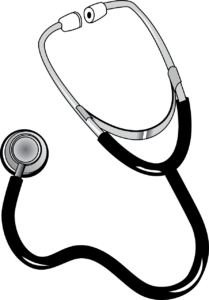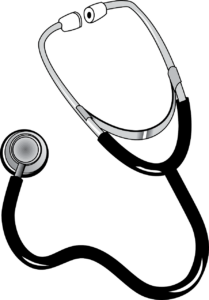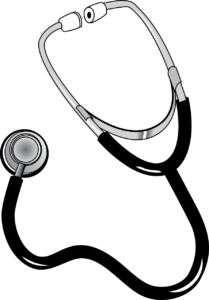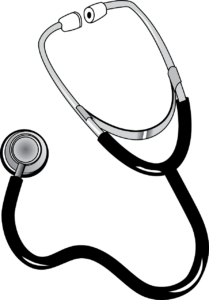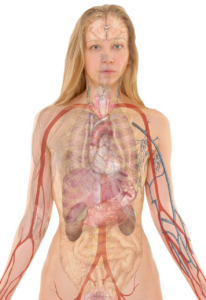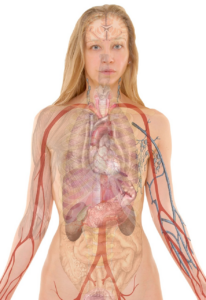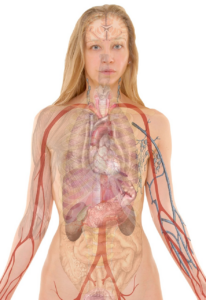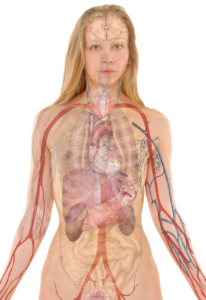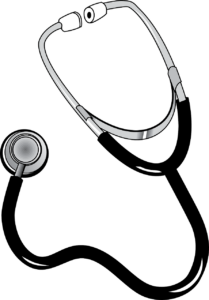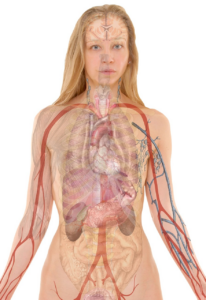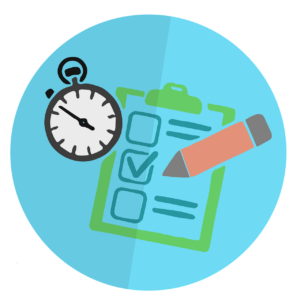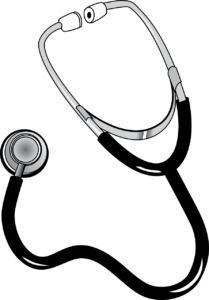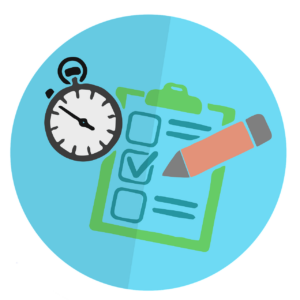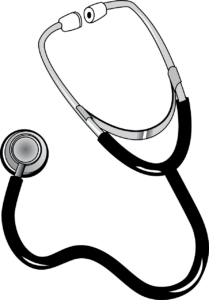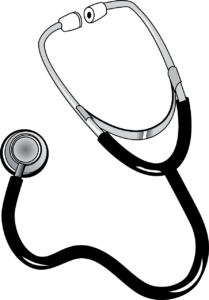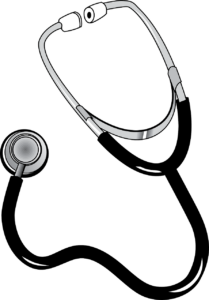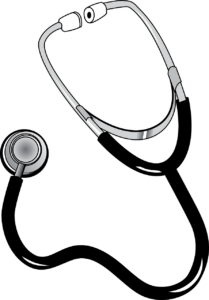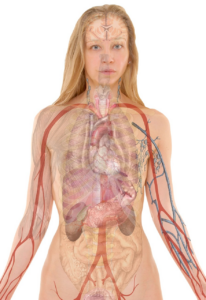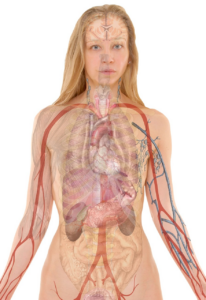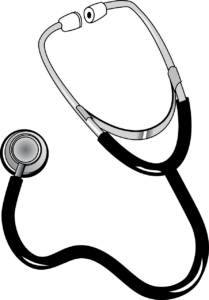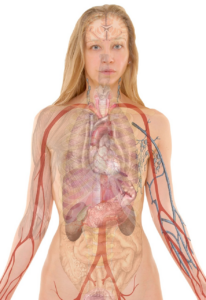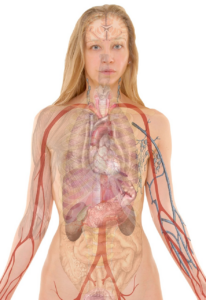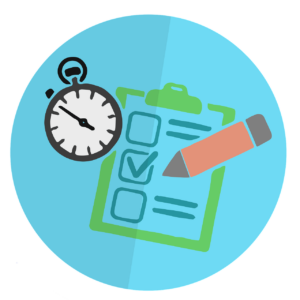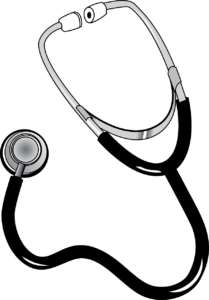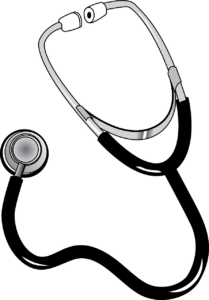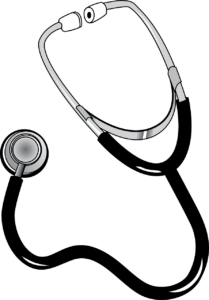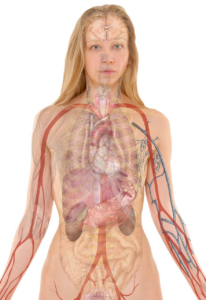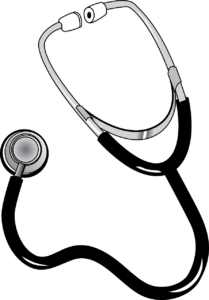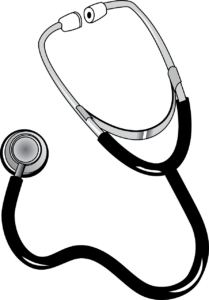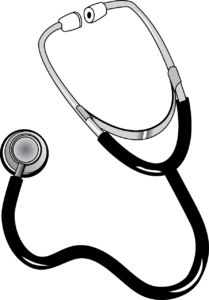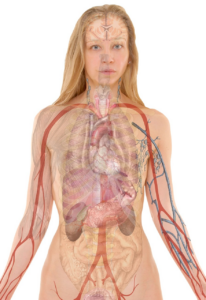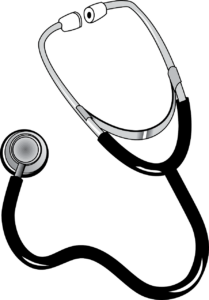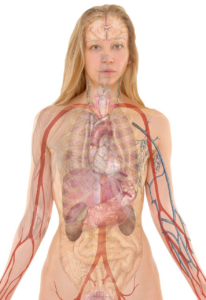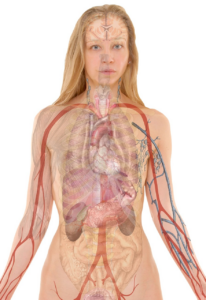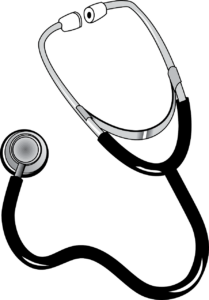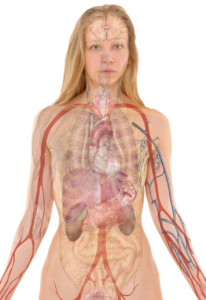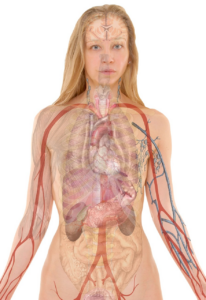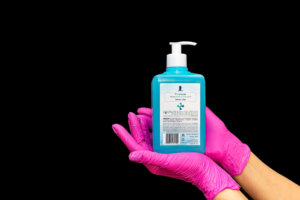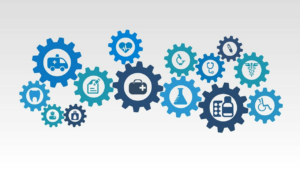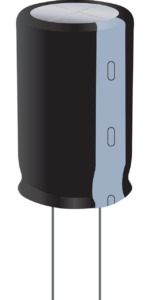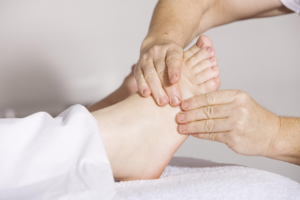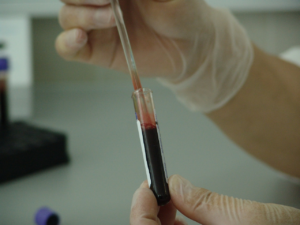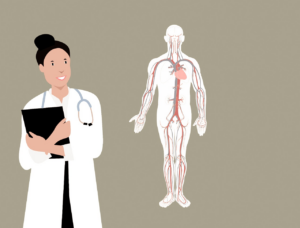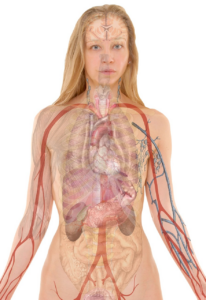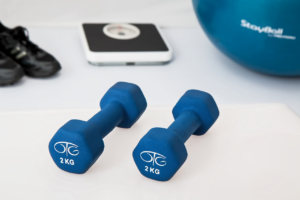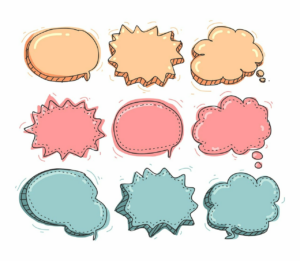Are you a nursing student preparing for your upcoming exams? If so, you may be feeling overwhelmed with all of the acronyms and terminology that come with the profession. It can be confusing and frustrating, but don’t worry – you’re not alone.
Understanding these terms is crucial for success in the nursing field, and we’re here to help you decode them. In this article, we’ll break down common nursing acronyms and terminology, and provide tips for preparing for your nursing exams.
Whether you’re just starting out in the nursing program or preparing for your licensure exam, this guide will help you navigate the world of nursing and feel confident in your knowledge.
So, let’s get started!
Key Takeaways
- Nursing terminology and acronyms can be overwhelming for nursing students.
- Knowing nursing acronyms and terminology is important for effective communication and understanding medical information.
- Effective communication with patients involves using plain language and avoiding medical terms unless necessary.
- Test-taking strategies, time management, and memorization techniques are important for nursing exam preparation.
Understanding the Nursing Profession
You may be wondering what it takes to be a nurse – well, let me tell you, it involves a lot of hard work and dedication!
Nursing education is a rigorous process that requires individuals to complete a formal education program, pass a national licensing exam, and maintain continuing education credits throughout their career. Nursing programs typically include courses in anatomy, physiology, pharmacology, and nursing ethics, among others.
In addition to the academic requirements, nursing also requires a great deal of personal qualities, such as compassion, empathy, and strong communication skills.
As a nurse, you’ll be responsible for providing care to individuals and families during some of the most vulnerable times in their lives. It’s essential that you approach your work with professionalism and a deep commitment to the well-being of your patients.
Nursing is a challenging but incredibly rewarding profession that offers opportunities for personal and professional growth throughout your career.
Common Nursing Acronyms
Let’s dive into some common nursing acronyms that you may encounter during your healthcare journey. It can be overwhelming to learn all of these abbreviations, but with some practice and memorization techniques, you’ll be able to understand them in no time.
Here are a few to get you started:
- ADL: Activities of Daily Living, such as bathing, dressing, and eating
- BID: Twice a Day, from the Latin phrase bis in die
- CBC: Complete Blood Count, a blood test that measures various components of blood
Knowing these acronyms can help you communicate with healthcare professionals more efficiently and understand medical information more easily. When studying for nursing exams, it’s important to familiarize yourself with these abbreviations and their meanings.
Try creating flashcards or using mnemonic devices to help with memorization. With time and practice, you’ll become more comfortable with these terms and be able to confidently navigate the nursing exam format.
Learning common nursing acronyms is an essential part of becoming a healthcare professional. Not only will it help you communicate more effectively, but it will also make it easier to understand medical information.
Remember to use memorization techniques when studying for nursing exams to make these abbreviations second nature. Keep practicing, and soon you’ll be able to decode any nursing acronym that comes your way.
Nursing Terminology
Learning medical terms can feel overwhelming, but with practice and some helpful memorization tips, you’ll be confidently speaking the language of healthcare in no time. Understanding nursing terminology is essential in effective patient communication.
Medical jargon can be confusing for patients, so it’s important to use plain language and avoid using medical terms unless necessary. Nursing terminology encompasses a wide range of words and phrases that are specific to healthcare.
Some examples include ‘auscultation,’ which is the act of listening to internal body sounds, and ‘diaphoresis,’ which means excessive sweating. By using these terms correctly, nurses can communicate more effectively with their colleagues and provide better care to their patients.
However, it’s important to remember to use plain language when speaking with patients, to avoid causing confusion or anxiety.
Nursing Exam Preparation
Get ready to ace your nursing test with these helpful exam prep tips! As you prepare for your nursing exam, it’s important to have a solid study plan in place. One way to do this is to utilize effective study techniques, such as creating study guides, flashcards, and taking practice exams. These tools can help you better understand and retain the material, while also identifying areas where you may need further review.
In addition to studying, it’s important to have test taking strategies in place. One helpful strategy is to read the instructions carefully and make sure you understand the question before answering. It’s also important to manage your time wisely, answering easier questions first and saving more challenging ones for later. Lastly, don’t forget to take care of yourself by getting plenty of rest and eating well before your exam. By following these tips and strategies, you’ll be well on your way to acing your nursing test!
| Study Technique | Description | Example | ||||
|---|---|---|---|---|---|---|
| Flashcards | A tool for memorization | Creating flashcards with medical terminology | ||||
| Practice Exams | Simulates the actual exam | Taking a practice NCLEX exam | ||||
| Study Guides | Organizes material for review | Creating a study guide for pharmacology | ||||
| Time Management | Efficient use of time | Answering easier questions first | Memorization Techniques | Enhances retention of information | Using mnemonic devices to remember drug classifications |
Starting Your Nursing Career
You’re finally ready to embark on your exciting journey as a nurse and start making a positive impact on the lives of those around you. Congratulations! But before you start working, there are a few things you should do to ensure that you’re on the right track.
Here are some tips for networking and finding job opportunities:
- Attend nursing conferences and seminars to meet other professionals in the field. You never know who might be able to help you land your dream job.
- Join nursing associations and clubs to connect with like-minded individuals who can offer advice and support.
- Use social media platforms like LinkedIn to build your professional network and showcase your skills and qualifications.
Once you’ve started networking, it’s time to start looking for job opportunities. Here are some additional tips to help you on your job search:
- Check job boards and websites that specialize in nursing positions.
- Reach out to staffing agencies that can help you find temporary or permanent positions.
- Don’t forget to look for job opportunities within your own healthcare facility, as they may have positions that are not publicly advertised.
By utilizing these tips and resources, you’ll be on your way to finding the perfect nursing job for you. Good luck on your journey!
Continuing Education and Specializations
As you progress in your nursing career, it’s natural to want to expand your knowledge and skills in a particular area that captures your interest and imagination. This is where continuing education and specializations come in. By pursuing further education and training, you can enhance your expertise, advance your career, and improve patient outcomes.
There are plenty of specialization options available in nursing, from critical care and emergency nursing to mental health and oncology nursing. By pursuing a specialization, you can focus on a specific area of healthcare that you are passionate about and become an expert in that field. The benefits of continuing education and specialization are numerous, including increased job satisfaction, higher salaries, and improved patient care. Additionally, specialized nurses are in high demand, making it easier to find job opportunities in your field of interest.
| Specialization | Description | Benefits |
|---|---|---|
| Critical Care Nursing | Specializing in the care of critically ill patients in intensive care units | Higher salaries, increased job satisfaction, and opportunities for advancement |
| Mental Health Nursing | Focusing on the care and treatment of patients with mental health disorders | Improved patient outcomes, increased job security, and opportunities for research and advocacy |
| Oncology Nursing | Specializing in the care of patients with cancer | Opportunities for specialized training, improved patient care, and job security |
No matter what specialization you choose, continuing your education and training can open up many doors in your nursing career. Take the time to research different specializations and find the one that aligns with your interests and career goals. With hard work and dedication, you can become a highly skilled and respected nurse in your chosen field.
Frequently Asked Questions
What is the average salary for a registered nurse?
As a registered nurse, you can expect to make an average salary of around $73,000 per year. However, this can vary depending on factors such as location, experience, and education level.
When it comes to salary comparison, nursing is a field that offers ample opportunity for growth and advancement. In addition to competitive salaries, many nurses report high levels of job satisfaction due to the rewarding nature of the work and the opportunity to make a positive impact on the lives of their patients.
How long does it typically take to complete nursing school?
If you’re considering becoming a nurse, you may be wondering how long it typically takes to complete nursing school. The answer depends on the type of program you choose.
A traditional Bachelor of Science in Nursing (BSN) program typically takes four years to complete, while an Associate Degree in Nursing (ADN) program takes about two to three years. However, there are also accelerated programs available that can allow you to earn your degree in a shorter amount of time.
These programs are designed for students who already have a bachelor’s degree in another field and want to transition into nursing. Accelerated programs can take anywhere from 12 to 24 months to complete, depending on the program and the school.
Keep in mind that nursing school can be challenging, but the rewards of a career in nursing are well worth the effort.
What are some common challenges that nurses face in their daily work?
As a nurse, you may face a number of challenges on a daily basis. One of the most common challenges is staffing shortages, which can lead to increased workloads and stress. This can be especially difficult when you’re responsible for caring for multiple patients with complex medical needs.
In addition to staffing shortages, workplace stressors such as long hours, difficult patients, and high-pressure situations can also take a toll on your mental and physical health. It’s important to take care of yourself and seek support when needed to prevent burnout and maintain your overall well-being.
Are there any specific nursing specialties that are in high demand?
If you’re considering a career in nursing, it’s worth noting that there are certain specialties that are currently in high demand due to specialty shortages.
Some of these areas include critical care, emergency room, and geriatric nursing.
To combat this shortage, many hospitals and healthcare facilities are implementing recruitment strategies to attract more nurses to these specialties. These strategies may include signing bonuses, tuition reimbursement, and flexible scheduling options.
With the right training and experience, pursuing one of these high demand specialties can offer a rewarding and stable career path in nursing.
How has technology impacted the nursing profession in recent years?
Technology has had a significant impact on the nursing profession in recent years. Telehealth integration has allowed for remote patient care, reducing the need for in-person visits and increasing accessibility to healthcare.
Electronic health records implementation has also streamlined the documentation process, making patient information easily accessible and reducing the risk of errors. With the constant advancements in technology, nurses must stay up-to-date with new developments and adapt to changes in the field.
Overall, technology has greatly improved patient care and the efficiency of healthcare delivery.
Conclusion
So, there you have it. You now have a better understanding of the nursing profession, the common acronyms, and terminology that are used, and how to prepare for your nursing exams.
Whether you’re just starting your nursing career or looking to continue your education and specialize in a certain area, the knowledge and skills you gain will be invaluable. Remember to stay organized, study hard, and never stop learning.
With dedication and perseverance, you can achieve your goals and make a meaningful difference in the lives of your patients. So, go out there and show the world what you’re made of!




